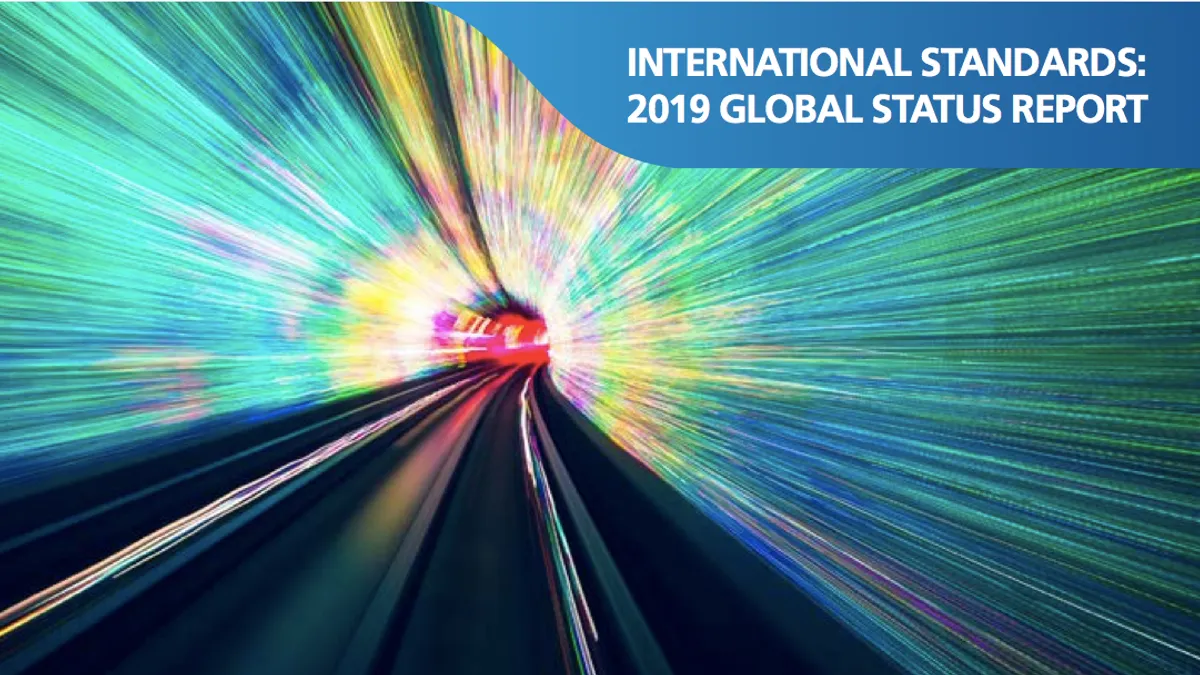The collapse of Enron, WorldCom and Parmalat in the early 2000s rocked the accounting profession by exposing how companies can use their financials to paint a misleading picture of their health.
The International Federation of Accountants (IFAC) has worked with its member organizations since then to formally adopt globally accepted accounting standards in their countries.
Today, 90% of countries in which IFAC's 173 members operate use international standards on financial reporting and auditing. They also follow an international code of ethics for professional accountants, an IFAC report released Monday said.
Another 80% have mechanisms in place to monitor and enforce the standards.
"International standards have come a long way since 2000," Kevin Dancey, IFAC's CEO, said in a statement. "There are no international laws requiring nations to adopt and implement international standards."
Next challenge: Investigation and discipline standards
The way standards are adopted — and the degree to which professional accounting organizations (PAOs) can influence adoption — differs in every country. In some countries, PAOs have a formal role in adoption, typically in collaboration with other organizations, whether private, public or academic, while in other jurisdictions they play no formal role. The survey found that adoption is more likely in countries where PAOs have some type of role.
In addition, what adoption means differs by country. In some, adoption means standards — or some modified version of them — are directly referenced in formal governmental regulations or laws or in the rules of a nongovernmental national standard setter.
Despite this fragmentation, the percentage of countries recognizing the importance of standards is high:
- 80% refer to standards on auditing
- 79% refer to standards on financial reporting
- 57% refer to a code of ethics
- 42% refer to public sector standards
Looking ahead, the accounting profession, represented by IFAC and its member PAOs, is focusing on increasing adoption rates of mechanisms that give teeth to standards.
"With only 22% of countries fully following IFAC requirements for investigation and discipline systems, further attention and support are needed," the report said.
The need to redraft and approve legislation or bylaws is the biggest hurdle to getting more jurisdictions to give their standards teeth, the report said.
Some countries far along
The report covers seven sets of standards in all:
- auditing
- financial reporting
- ethics
- quality assurance
- investigation and discipline
- education, and
- the public sector.
Countries in Europe, the Middle East and Africa have either fully or partially adopted all of the standards, while in the Americas and Asia, there are a few countries that have yet to fully or partially adopt the standards.
New Zealand is one of the few in which all standards are fully adopted. The U.S. falls in the middle, having partially adopted all of the standards, with the exception of the public sector standard. Haiti is among those with the fewest adoptions, having partially adopted just the education and investigation and discipline standards.












